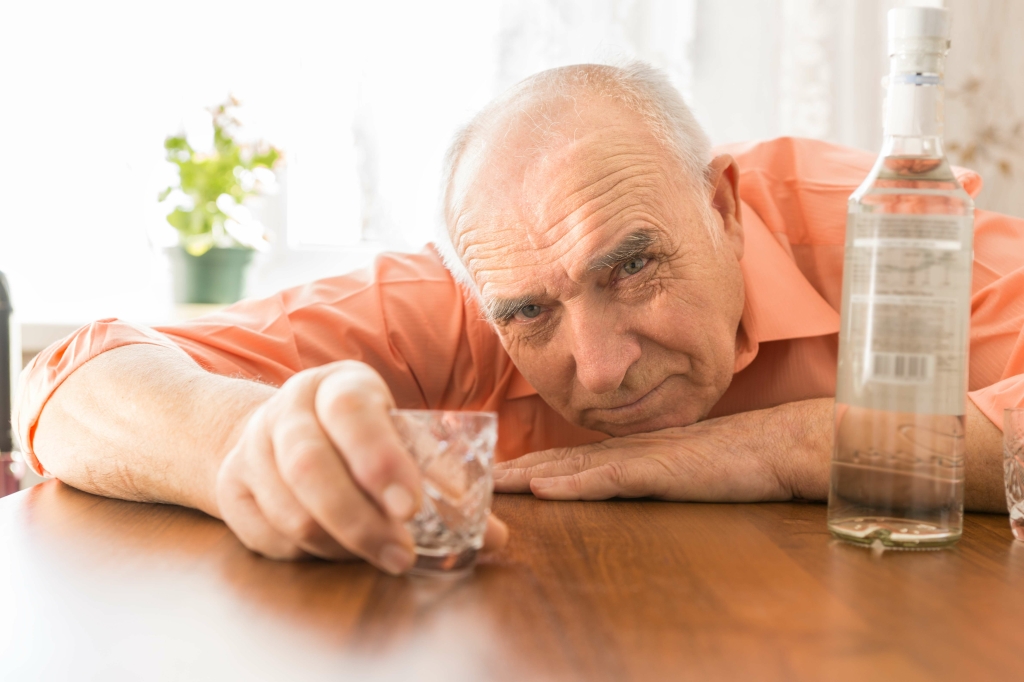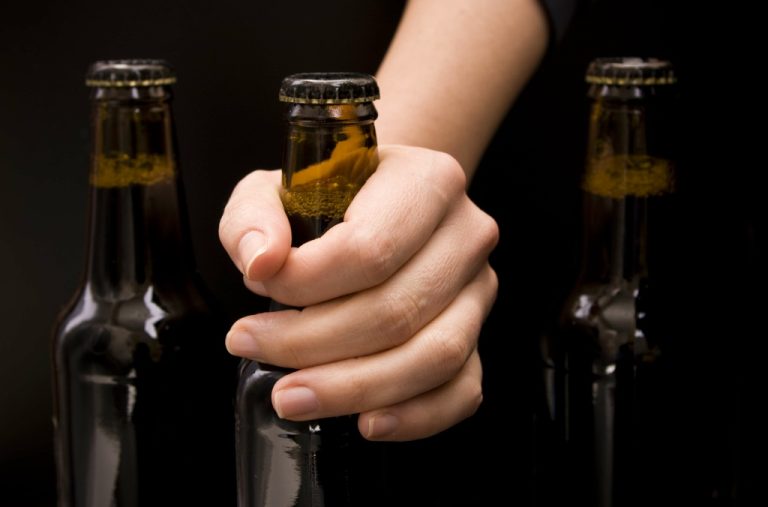Additionally, looking for varietals known for their dryness, such as Cabernet Sauvignon, Malbec, and Syrah, can also lead you to discover more options. In conclusion, the driest red wine options are abundant for wine enthusiasts who prefer a less sweet experience. From the robust flavors of Cabernet Sauvignon to the elegant notes of Pinot Noir, there’s a dry red wine out there for everyone. When making your selection, pay attention to the grape variety, residual sugar levels, and your taste preferences to ensure a fulfilling experience. Red wine has long been a popular beverage, enjoyed for its rich flavors and cultural significance.
Consumption
- The purpose is to prevent oxidation and sometimes to delay the onset of fermentation.
- If you’ve ever heard the term, “breaking the seal,” you know that alcohol has a diuretic effect on the body, meaning it causes you to urinate more frequently.
- Certain health conditions, such as liver disease, pancreatitis, and some gastrointestinal conditions, may be adversely affected by alcohol consumption, including red wine.
Its bright acidity and silky tannins contribute to a smooth drinking experience. High acidity balances the flavor and enhances the wine’s dryness perception. Wines with bright acidity can taste less sweet, even if they contain some residual sugar. Dietary choices play a significant role in determining the health of our digestive systems. Certain foods and beverages can enhance digestion, while others may lead to discomfort or gastrointestinal issues. This is where the connection between red wine and digestion becomes particularly fascinating.
Are there any benefits of drinking red wine during your period?
- As MedlinePlus points out, calories from alcoholic beverages can add up quickly.
- In contrast, some red wines may taste sweet due to high alcohol content or fruitiness without containing residual sugar.
- Chronic stress can exacerbate gut issues like IBS and stomach ulcers.
- What’s the first piece of advice you heard when you started drinking alcohol?
Higher alcohol content contributes to a greater diuretic effect, potentially leading to more significant dehydration. A large study of current drinkers showed that a moderate intake of alcohol, especially wine, with meals could reduce the risk of type 2 diabetes. The results were not the same for heavy drinking or drinking alcohol without a meal. The association between moderate alcohol consumption and reduced risk of new-onset type 2 diabetes is inconclusive. Talk to your doctor does red wine dehydrate you about the benefits and risks of moderate drinking. Red wine contains about 85% water, which can aid hydration to some extent.
Pre-existing conditions
Scientists believe that due to its anti-inflammatory properties, drinking one glass of red wine per day could help treat respiratory conditions such as sinusitis. However, it should be noted that excessive consumption of alcohol can do more harm than good and moderation is key. Furthermore, anyone with an underlying condition related to their lungs should always consult a healthcare professional before drinking red wine. Finally, if you’re consuming a lot of red wine with meals, you could be ingesting too much air while drinking it — this extra air can lead to increased gas production in your stomach and intestines. To help reduce the amount of gas caused by drinking red wine, try avoiding meals high in fat and fiber before or after consuming alcohol.
Related Content
If you have mild dehydration symptoms (e.g., thirst, dry mouth, dark yellow Halfway house urine, headache), simply drinking an ample amount of plain water will likely sufficiently restore your fluid balance. If you’ve been drinking and are experiencing alcohol dehydration symptoms, you need to restore your body’s fluid balance. Here’s how to rehydrate properly and recover from alcohol dehydration. Is there anything you can do to offset or prevent problems caused by dehydration from drinking alcohol? The alcohol content in wine contributes to its dehydrating potential. Wines with higher alcohol content will have a stronger diuretic effect, increasing the likelihood of dehydration.

